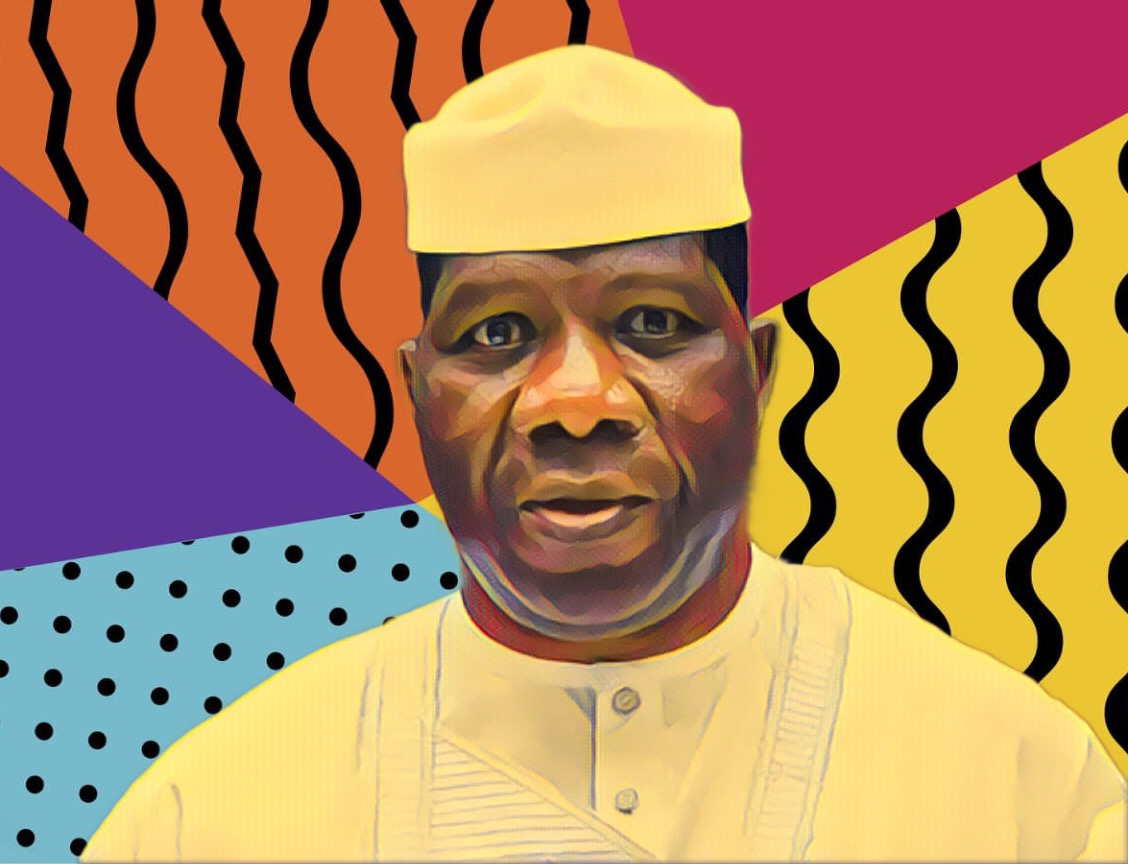The Senate Leader, Senator Bamidele Opeyemi, has criticised the high recurrent expenditure of the N27.5 trillion 2024 budget, saying it is about 43 per cent of the money bill.
He made this remark on Thursday as the Senate opened debate on the general principles of the budget, which was presented by President Bola Ahmed Tinubu on Wednesday.
Opeyemi noted that the budget deficit of N9.8 trillion, representing 3.88 per cent of the estimated GDP, was above the three per cent threshold set by the Fiscal Responsibility Act of 2007.
He also expressed concern over the projected debt service of N8.25 trillion, which is 45 per cent of the expected total revenue.
He said the deficit would be financed by new borrowings totaling N7.83 trillion, privatisation proceeds of N294.49 billion and multilateral and bilateral loans of N1.06 trillion.
He added that the debt level of the federal government was still within sustainable limits and that the loans were used to finance critical development projects and programmes.
The Senate Leader listed some of the highlights of the budget, which include an oil price benchmark of 77.96 dollars per barrel, daily oil production estimate of 1.78 million barrels, exchange rate of N750 per dollar and total revenue of N9.73 trillion.
He said the budget was aimed at improving the economic environment and ensuring effective delivery of public services to the people.
The debate on the budget, which will last for two days, saw several senators raising issues about the state of infrastructure in their districts and constituencies, calling for more projects and rehabilitation.
Some senators also noted that Nigeria’s problem was not the lack of ideas and proposals but the lack of implementation.
The 2024 budget is the largest in Nigeria’s history and comes amid rising inflation, unemployment and insecurity in the country.
The budget is also expected to face challenges from the fluctuating oil prices, exchange rate volatility and revenue shortfalls.
The Senate is expected to pass the budget before the end of the year, after a thorough scrutiny by its committees and sub-committees.
The budget is expected to boost the economic recovery and growth of the country, which has been hit hard by the COVID-19 pandemic and its aftermath.
The budget also reflects the government’s commitment to broad-based and shared economic prosperity, as it plans to expand the social safety net project to provide cash transfers to poor and vulnerable households.
Source: Tribune Online


